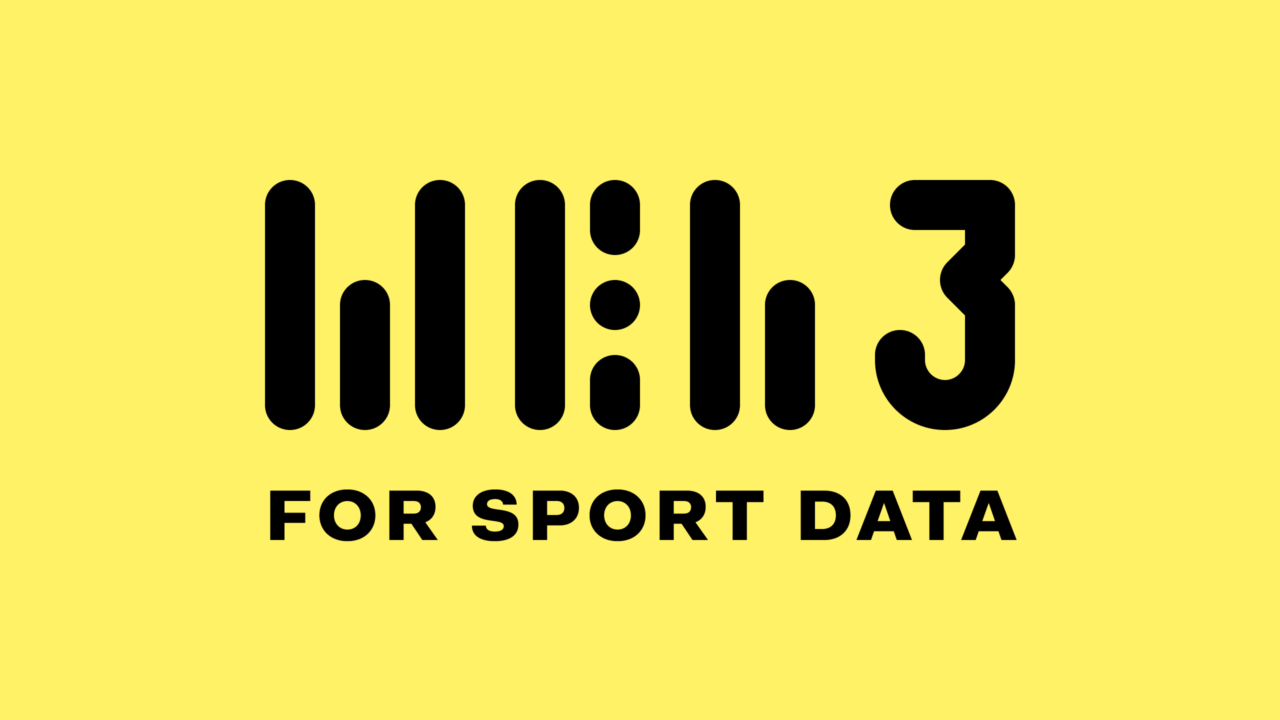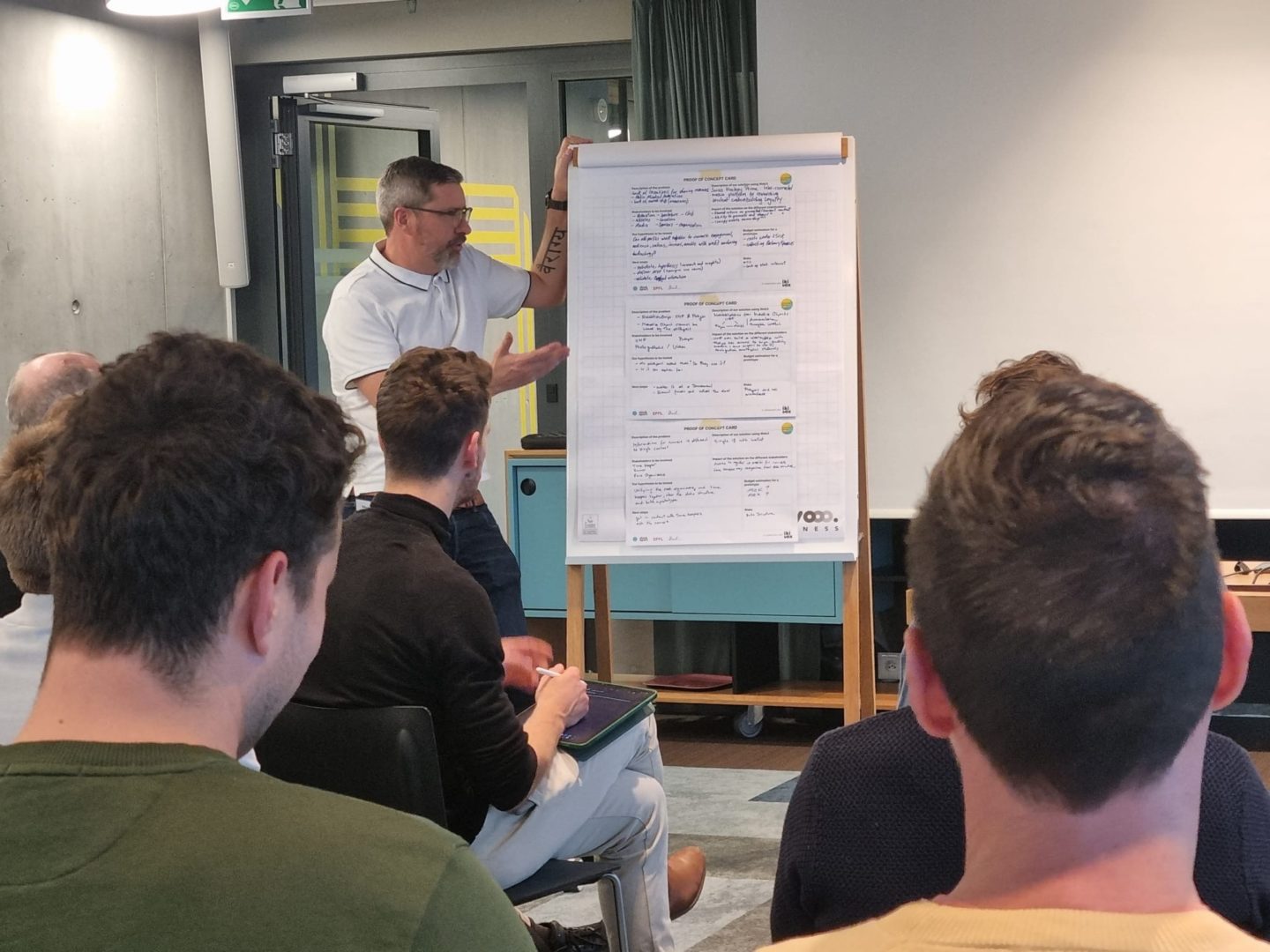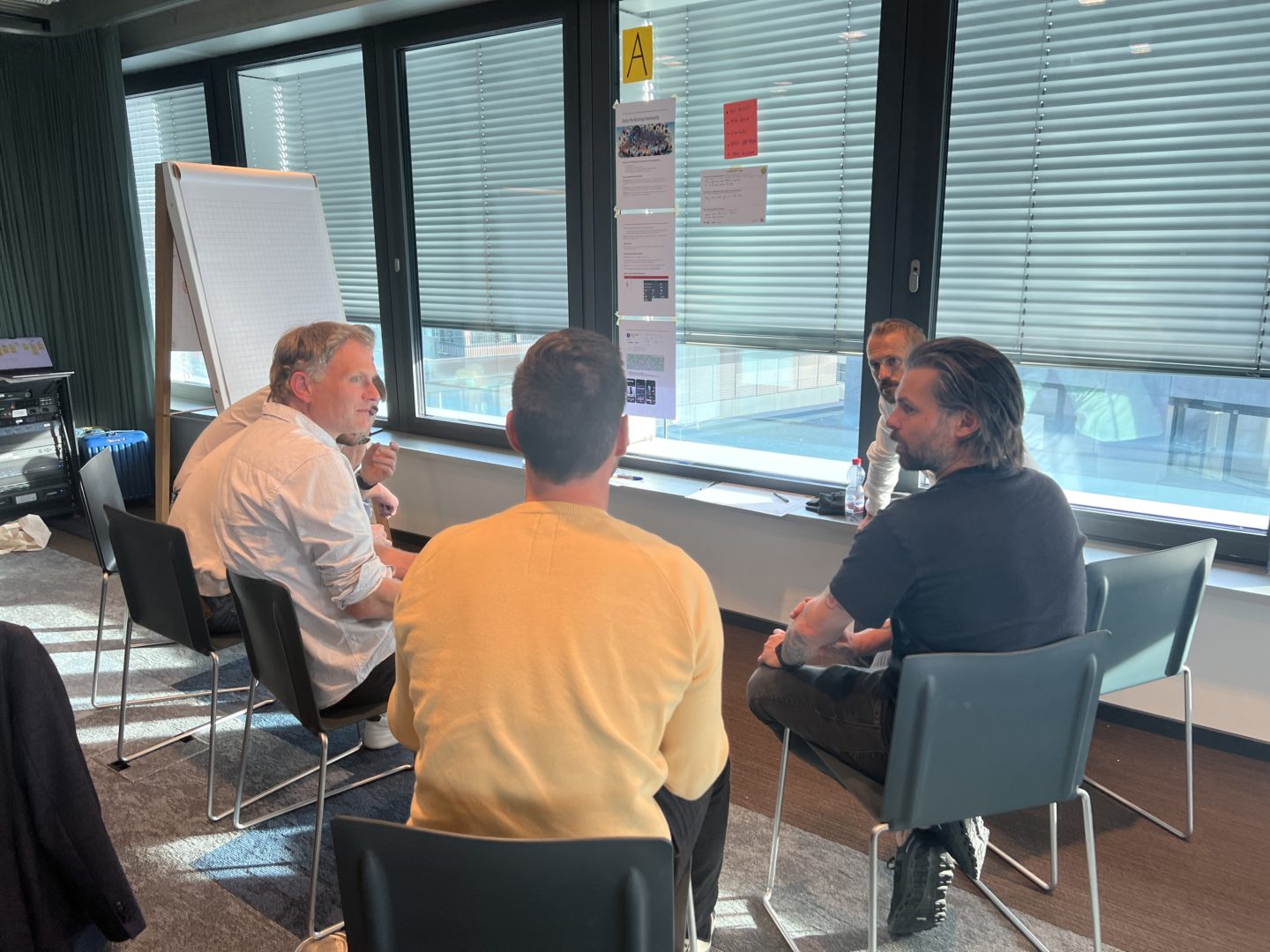Context
The true potential of Web3 in sport is still largely misunderstood and, so far, limited to use cases including collectibles often in combination with elements from fantasy sport.
In fact, Web3 and blockchain technology is really a governance technology. When it comes to sports data, Web3 offers a set of tools that can be used to create the infrastructure necessary to build more collaborative economics that allows privacy regulations by design, incentivises data exchange and thus fosters innovation.
These tools include:
- Tokens (identity, own, value) for ownership and control over digital assets & credentials;
- SmartContracts to codify business models for buying/selling, governing and making decisions; and
- Blockchains/Ledger as a decentralised single source of truth to see who owns what, and who has done what to what and whom.
Why is this relevant for the sports data and analytics market?
Sport tech start-ups and established industry leaders face a highly challenging environment. Their products and services are notoriously difficult to scale and therefore achieving sustainable return on investment is tough. This is due to the fact that development needs plenty of domain expertise and is expensive while products find limited customer segments with highly individual needs and limited budgets outside of soccer or US Pro Sports.
As a result, sport organisations as the buying customers in an ever intensifying battle for better performance and entertainment are left with mediocre and often expensive isolated solutions. The latter creates data silos which is further amplified by the competitive nature of sports. Therefore, the lack of data accessibility has innovation in a deadlock. Moreover, pressure is growing from athletes and regulators with respect to data privacy in general and fair value distribution when sports data is monetised.
Together with sports organisations, sports tech providers and its trusted Swiss Web3 partner BlockSpirit AG, the Swiss Association of Computer Science in Sports (SACSS) wants to leverage Web3 technology and its new paradigms to transform the sport data and analytics industry into a data supply chain economy as a solution to the dilemma described above.



